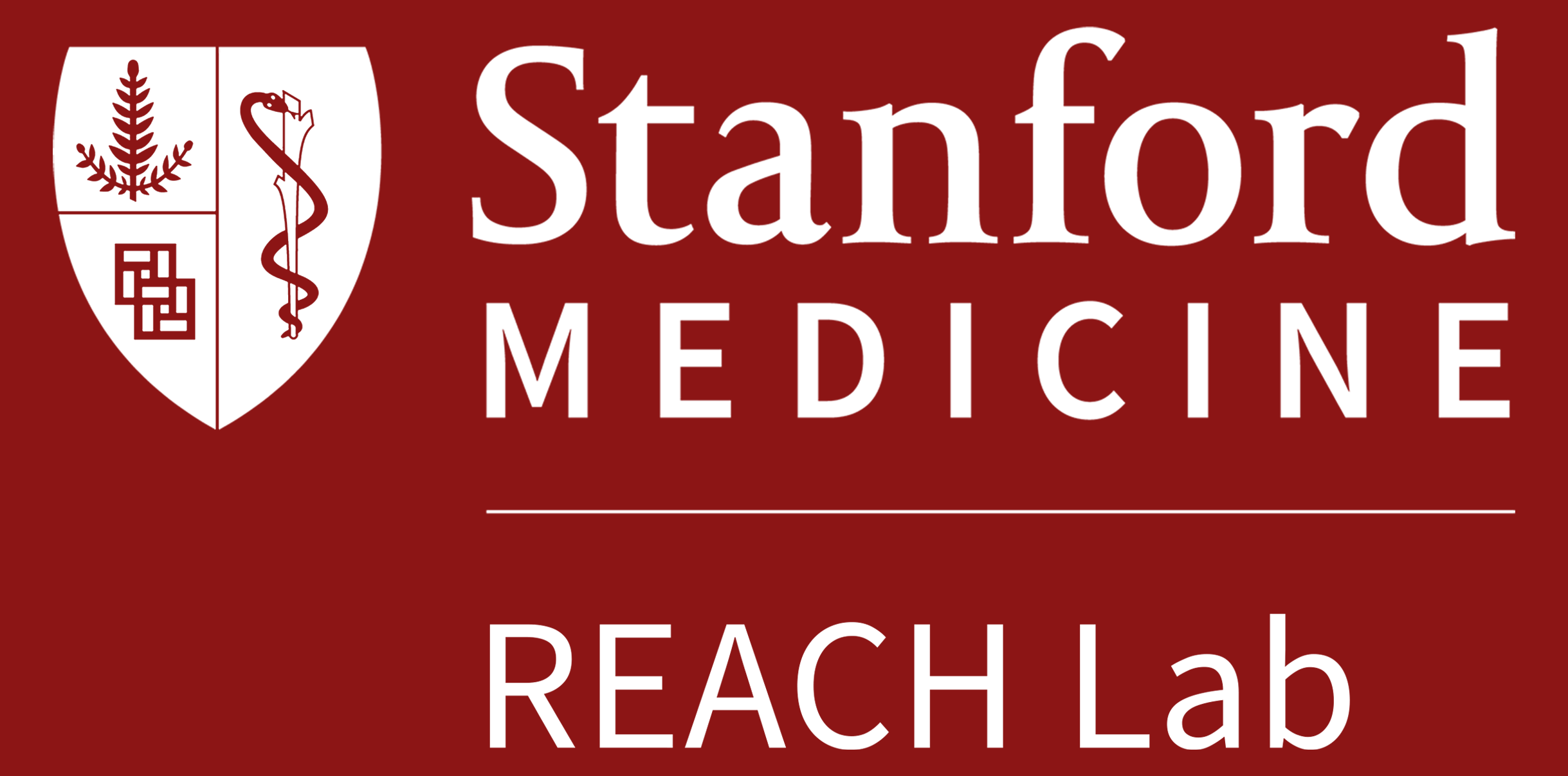Combatting Vaping and Cannabis Use in Schools

Date Posted: 2/23/2024
Although the Texas Tobacco Youth Survey has reported a decline in vaping or e-cigarette use among high school students, over the past year there has been an overall increase in tobacco use by middle schoolers. The allure of vaping among teenagers lies in its perceived “cool factor,” flavors, and easy concealment. However, the reality is far from glamorous. Students who vape are being exposed to harmful chemicals, nicotine addiction, and adverse health effects. The addition of THC—the psychoactive component of marijuana— further compounds these risks with potential long-term impacts on cognitive function and mental health.
Vaping in adolescence has become a cause for concern within school communities, affecting both students and educators. Educators are on the front lines facing disruptions to the learning environment and concerns for student health and safety. The pervasive nature of vaping presents unique challenges for teachers who must navigate classroom distractions and enforce school policies while addressing the impact on academic performance and school culture.
In 2023, Texas House Bill 114 (HB 114) addressed the complex issue of teen vaping by amending the law to state that any student possessing, using, selling, giving, or delivering a vape device on school campus, at a school event, or within 300 yards of the campus be removed from the classroom and placed into the district Disciplinary Alternative Education Program (DAEP). This change poses a challenge for many districts as these programs are frequently at capacity and historically understaffed. Also, the ability to become a District of Innovation may result in some districts exempting themselves from this statute and thus choosing another avenue for addressing student vape use.

In response, some districts have boosted educational efforts around prevention and intervention by implementing curriculum across campuses. One such evidence-based curriculum was developed by Stanford Medicine’s Halpern-Felsher REACH Lab. The REACH Lab’s age-appropriate elementary, middle, and high school prevention and intervention programs provide free curriculum on topics such as tobacco, cannabis, and other relevant drug or alcohol awareness issues. The curriculum is available in multiple languages, including both English and Spanish. Implementing prevention and intervention programs can provide the necessary resources and support networks to enhance capacity to combat teen vaping.
If you would like to learn more about these efforts, consider registering for the Halpern-Felsher REACH Lab’s upcoming 5th Annual Teaching Cannabis Awareness and Prevention virtual conference dedicated to implementing effective prevention and intervention strategies for teens. ATPE members who register online between now and March 10 can use the code, ATPEROCKS! to receive the early bird registration rate. Don't miss out on these valuable sessions dedicated to improving the health and wellness of our youth!

.png?lang=en-US&ext=.png)